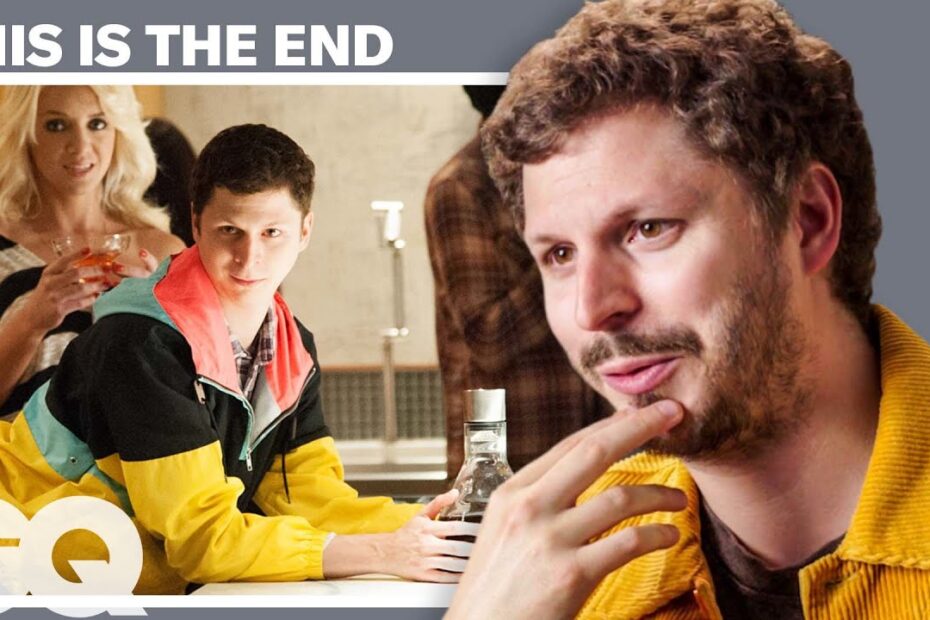Why Michael Cera’s Career Has Lost Its Charm
Michael Cera’s career, once defined by his quirky, awkward charm in films like Superbad and Juno, has seen a noticeable decline in recent years. While his early roles resonated with audiences due to his relatable persona and comedic timing, his consistent typecasting as the awkward, soft-spoken teenager has limited his ability to evolve as an actor. This lack of versatility has made it difficult for him to break out of the niche he once thrived in.
Over-reliance on a Specific Archetype
Cera’s early success was built on his ability to play the awkward, endearing underdog. However, as he aged, this archetype became less believable and less appealing to audiences. Unlike other actors who successfully transitioned from teen roles to more mature characters, Cera struggled to shed his boy-next-door image. This over-reliance on a single type of role has led to diminishing returns in both critical and commercial success.
Additionally, the entertainment industry has shifted, with audiences and filmmakers seeking fresh faces and diverse storytelling. Cera’s inability to adapt to these changes has left him overshadowed by actors who have embraced more dynamic and varied roles. His recent projects, while occasionally experimental, have failed to capture the same cultural impact as his earlier work.
Limited Range and Missed Opportunities
- Type-casting: Cera’s career has been largely defined by similar roles, making it hard for him to explore new genres or character types.
- Lack of mainstream projects: Unlike his peers, Cera has not been part of major franchises or blockbuster films, limiting his visibility.
- Indie focus: While indie films can showcase talent, Cera’s focus on smaller projects has kept him out of the mainstream spotlight.
Michael Cera: Overrated or Just Overexposed?
Michael Cera has been a polarizing figure in Hollywood, sparking debates about whether he is overrated or simply overexposed. Known for his awkward, boy-next-door persona in films like Superbad and Juno, Cera became a staple of 2000s pop culture. However, his typecasting in similar roles has led some to question whether his talent is being overstated or if audiences are just tired of seeing him in the same archetype.
The Case for Overrated
Critics who argue that Michael Cera is overrated often point to his limited range as an actor. His performances frequently rely on the same quirky, socially awkward demeanor, which, while endearing at first, can feel repetitive over time. Some believe that his success is more a product of timing and the cultural relevance of the projects he chose rather than his acting prowess. Films like Scott Pilgrim vs. the World and Arrested Development showcased his charm, but they also reinforced the idea that he rarely steps outside his comfort zone.
The Case for Overexposed
On the other hand, many argue that Michael Cera isn’t overrated—he’s simply been overexposed. His rapid rise to fame in the late 2000s meant he was everywhere at once, from blockbuster comedies to indie darlings. This saturation may have led to audience fatigue, making it seem like his talent was being overhyped. Additionally, Cera’s decision to take on fewer high-profile roles in recent years has allowed him to explore more diverse projects, such as his work in Barbie and Molly’s Game, which showcase a different side of his abilities.
Ultimately, the debate over Michael Cera’s career highlights the fine line between being a beloved actor and becoming a victim of one’s own success. Whether he’s overrated or overexposed, his impact on modern comedy and film remains undeniable.
